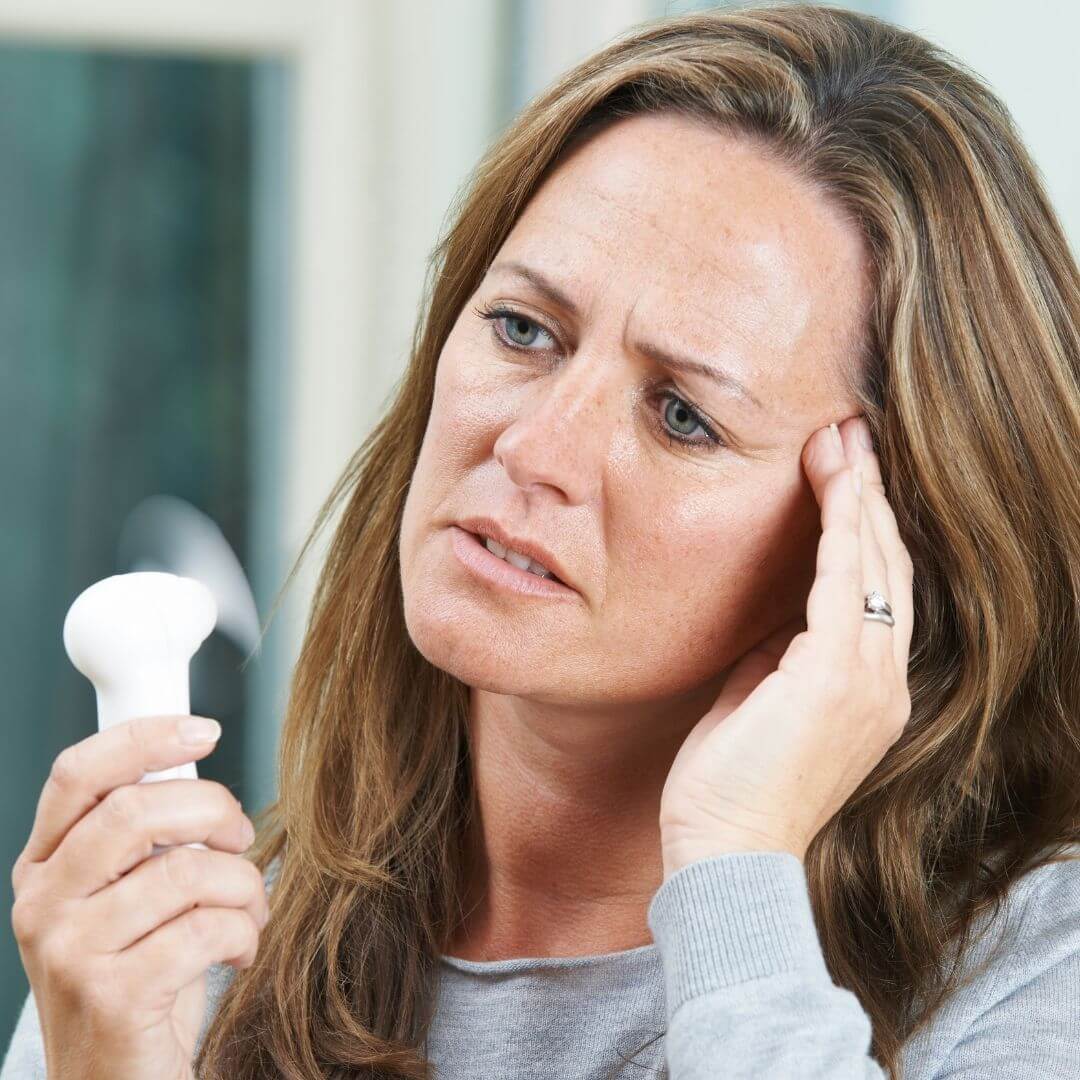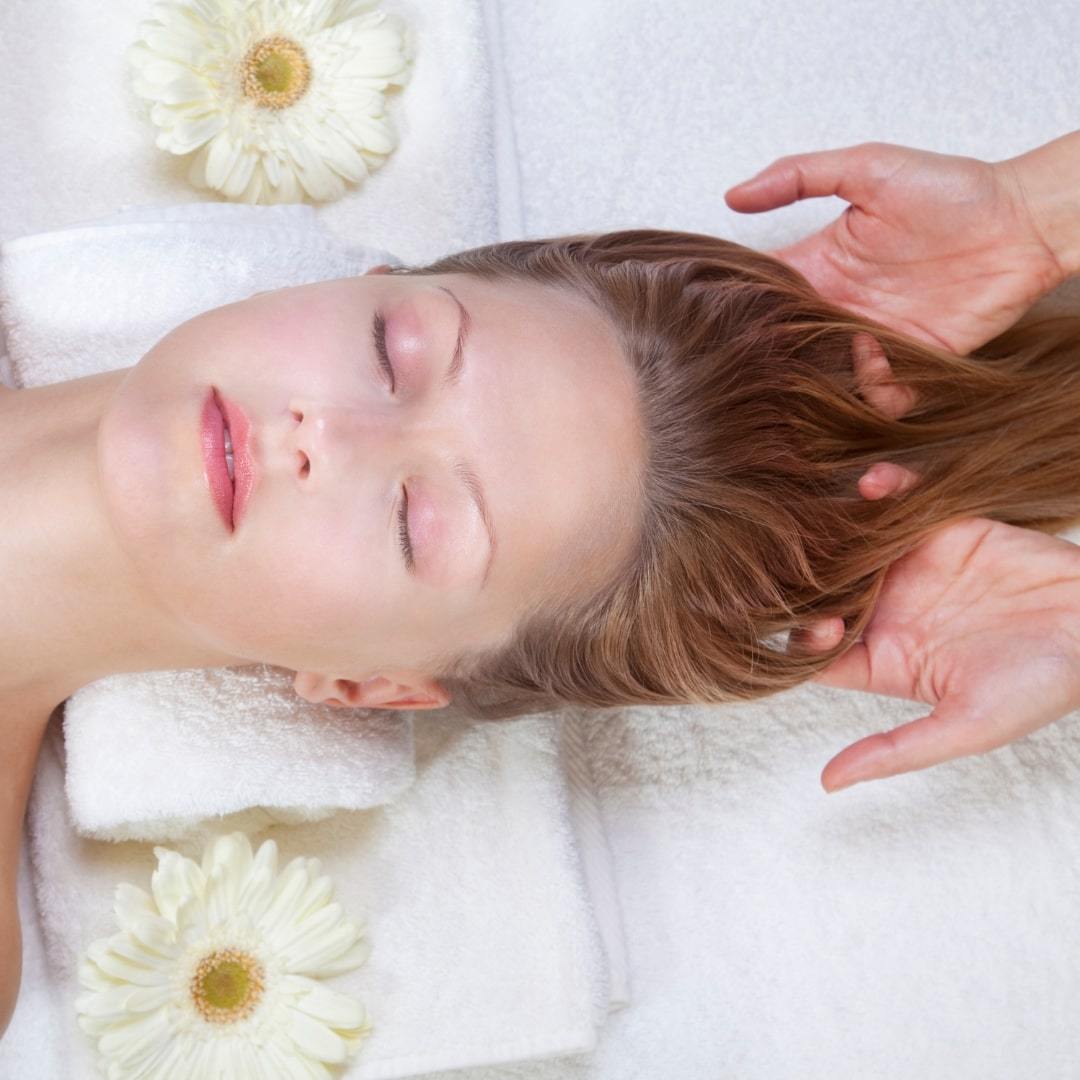Hair loss is a common issue that affects millions of men worldwide. Whether it's due to genetics, stress, or other factors, losing hair can be a frustrating and confidence-crippling experience for many men. While there are various treatments available, such as medication or surgery, they often come with unwanted side effects and costly expenses. Fortunately, there are natural and effective ways to combat hair loss without breaking the bank or risking your health. In this blog post, we'll discuss the root causes of hair loss in men and provide expert advice on how to stop it naturally. So if you're tired of seeing more hair fall out each day and ready to take back control of your mane, keep reading!
I. Understanding Hair Loss in Men

Hair loss in men is a topic that affects many individuals around the world. Although it may be considered a normal process as men age, there are several factors that can contribute to excessive hair loss. While genetics and hormones play a significant role, stress and nutritional deficiencies can also impact hair health. Understanding the underlying cause of hair loss in men is crucial in finding an effective solution. With advances in technology and medical knowledge, there are now various treatments available to help combat hair loss. It's important to seek professional advice from a dermatologist to determine the best course of action for one's specific situation. By educating oneself on the causes and treatments of hair loss in men, one can take the necessary steps in promoting healthier hair growth.
A. Causes of Hair Loss in Men: Genetics, Hormones, and Other Factors
Hair loss in men can occur due to a variety of reasons. One of the most prominent causes is genetics. Men with a family history of baldness are more likely to experience hair thinning or complete hair loss. Hormonal changes can also play a significant role in hair loss. Hormones such as dihydrotestosterone (DHT) can bind to hair follicles and cause them to shrink, resulting in hair loss. Other factors that can contribute to hair loss in men include stress, medical conditions such as thyroid problems, and certain medications. Understanding the causes of hair loss in men can help individuals take proactive steps to prevent or manage it.
B. The Hair Growth Cycle and How It Relates to Hair Loss
Have you ever wondered why some people have thick, luscious locks while others struggle with hair loss or thinning? The answer lies in the hair growth cycle. Each hair on our head goes through a three-phase cycle consisting of growth, transition, and resting. During the growth phase, hair cells divide rapidly, leading to an increase in hair length. This is followed by a transition phase where growth slows down and eventually comes to a halt, resulting in a fully formed hair shaft. Finally, the hair enters a resting phase where it remains attached to the scalp but stops growing. It eventually falls out, making way for a new hair to take its place. Hair loss occurs when the cycle is disrupted, causing more hair follicles to enter the resting phase and leading to a thinning of the hair. Understanding the hair growth cycle is crucial in identifying the root cause of hair loss and finding effective solutions.
C. Different Types of Hair Loss in Men: Androgenetic Alopecia, Telogen Effluvium, and Others
Hair loss is a common concern for many men, and it can be caused by a variety of factors. Androgenetic alopecia, also known as male-pattern baldness, is the most common form of hair loss in men. This genetic condition causes hair thinning and baldness on the crown and temples, and it affects up to 80% of men by the age of 70. Telogen effluvium is another type of hair loss that is caused by stress, illness, or hormonal changes. It often results in a temporary shedding of hair from all over the scalp, and it can last for several months. Other less common types of hair loss in men include alopecia areata, traction alopecia, and scarring alopecia. Learning about the different types of hair loss can help men better understand their condition and seek appropriate treatment.
II. Natural Ways to Stop Hair Loss in Men
For men, hair loss can be a frustrating and concerning issue. While there are many hair care products on the market, it's important to look for ones that are paraben-free and sulfate-free. This is because these chemicals can strip hair of its natural oils and cause damage, leading to further hair loss. Instead, consider natural ways to stop hair loss. Eating a diet rich in vitamins and minerals, getting enough sleep, and reducing stress can all aid in promoting healthy hair growth. Additionally, using essential oils such as rosemary and peppermint oil can stimulate hair follicles and help prevent hair loss. By taking a holistic approach to hair loss, men can promote healthy hair growth without relying on harsh chemicals.
A. Dietary Changes for Healthier Hair: Foods Rich in Vitamins and Minerals
If you're looking for a natural and effective way to maintain healthier hair, consider incorporating certain dietary changes. Nutrients such as vitamins and minerals play a vital role in the development and growth of strong and shiny hair. In fact, an inadequate intake of certain nutrients may lead to hair loss and thinning. Instead of relying solely on hair supplements and care products, try to consume more foods that are rich in vitamins and minerals like biotin, vitamin C, iron, omega-3 fatty acids, and zinc. Also, choose hair care products that are free of harsh chemicals like paraben and sulfate, which can damage hair. These tips aren't just for women; men can benefit from them as well. A few small changes to your diet can go a long way in achieving and maintaining healthy hair.
B. Scalp Massage and Hair Care Techniques to Improve Hair Health
It's no secret that men's hair requires more maintenance than just a simple wash and dry. In fact, incorporating scalp massage and specific hair care techniques can greatly improve the health and appearance of men's hair. Scalp massage can help stimulate blood flow and encourage hair growth, while gentle detangling can prevent breakage and promote shine. It's also important to pay attention to the products used on hair, opting for those that are sulfate-free and contain nourishing ingredients such as coconut oil, jojoba oil, and vitamin E. By incorporating these techniques and products into a hair care routine, men can achieve healthy, luscious locks.
C. Herbal Remedies and Supplements for Hair Growth
There are many different approaches to promoting hair growth, but perhaps one of the most popular and well-known is the use of herbal remedies and supplements. There are a variety of options available, from specialized shampoos and conditioners to serums that are designed to be massaged into the scalp. One of the most interesting aspects of these remedies is that they can be used by both men and women, making them a versatile choice for anyone who is looking to improve the health and appearance of their hair. Whether you're dealing with thinning or brittle hair or just looking for a way to keep your locks looking their best, herbal remedies and supplements can be a great option to explore.
III. Lifestyle Changes and Habits to Prevent Hair Loss

Hair loss can be a difficult issue to grapple with, especially for men who may feel a sense of embarrassment or shame around losing their hair. Fortunately, there are a variety of lifestyle changes and habits that can help prevent hair loss in men. Some of these changes may include things like adopting a healthier diet, increasing physical activity, managing stress levels, and avoiding harsh hair care practices. By implementing these changes, men can take proactive steps towards preventing hair loss and maintaining a full and healthy head of hair. As with any health concern, it's important for men to work closely with their medical professionals to determine the best course of action for their individual circumstances.
A. Stress Management Techniques: Impact of Stress on Hair Loss
Stress Management Techniques have gained traction over the years as people have started acknowledging the serious consequences of being in a constant state of stress. One of the lesser-known impacts of stress is hair loss, which can be especially problematic for men. The causes of hair loss are multi-faceted, but stress is a significant factor. In fact, stress can disrupt the hair growth cycle entirely, leading to hair loss that might not be easily reversible. As such, it's essential to take care of both mental and physical health to curb the effects of stress on hair. Understanding how stress impacts hair loss and seeking effective stress management techniques can lead to better hair health in the long run.
B. Avoiding Harsh Chemicals and Heat Styling: Protecting Hair from Damage
Hair damage can be avoided if we reduce the use of harsh chemicals and hot styling tools. Using shampoos and conditioners that are paraben-free and do not contain sulfates ensure gentle cleansing and protects the hair from further damage and stripping of natural oils. It's also important to use a serum to protect the hair and prevent frizziness. Styling tools like flat irons and curling wands may seem like a quick fix, but they can cause serious damage to the hair due to the high heat output. Instead, opt for low heat settings or choose heatless hairstyles to protect your locks. Remember that taking small steps towards protecting your hair can lead to healthier and better-looking hair in the long run.
C. Regular Exercise and Its Positive Effect on Hair Growth and Overall Health
Regular exercise has many positive effects on our overall health, but did you know that it can also contribute to healthy hair growth? When we exercise, we increase blood flow and oxygen circulation throughout the body, including our scalp. This helps to nourish hair follicles and stimulate hair growth. But it's not just exercise alone that can improve the health of our hair. Using the right hair care products, such as paraben free shampoo and conditioner, can also make a difference. Adding a serum to your hair care routine can also help to promote healthier hair and combat common hair issues like breakage and split ends. So if you want to maintain healthy hair while improving your overall health, consider incorporating regular exercise into your routine and investing in quality hair care products.
In conclusion, understanding hair loss in men is the first step in preventing and treating it. From genetics and hormones to our diet and lifestyle, there are a variety of factors that can contribute to hair loss. By learning about the different types of hair loss and their causes, we can better address the issue at hand. Additionally, focusing on natural ways to stop hair loss, such as incorporating a nutrient-rich diet and practicing scalp massage and herbal remedies, can greatly improve the health of our hair. At the same time, making simple lifestyle changes like managing stress levels, avoiding harsh chemicals and heat styling, and maintaining a regular exercise routine can also have a dramatic impact on preventing hair loss and promoting healthy hair growth. So let's take this knowledge and use it to empower ourselves in taking care of our overall health, both inside and out. Remember, your hair is not just a physical feature but also a reflection of your inner well-being. Let's make sure it shines bright for years to come!














